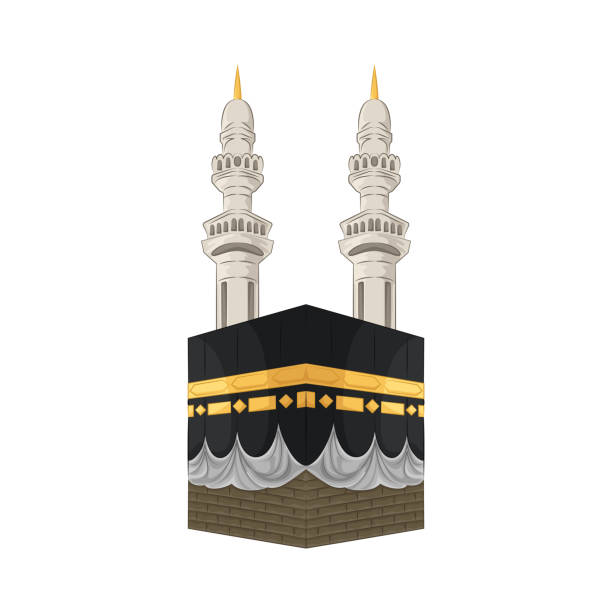Etiquettes and Supplications for Daily Practices
Etiquettes of Entering the Toilet (Rest room):
Anas (may Allah Almighty be pleased with him) said: When the Messenger of Allah Almighty (may Allah Almighty bless him and give him peace) entered the toilet, he would say:
اللَّهُمَّ إِنِّي أَعُوذُ بِكَ مِنَ الْخُبُثِ وَالْخَبَائِثِ
(O Allah Almighty, I seek refuge in You from the male and female devils, or from every impurity and evil).
Enter the toilet with the left foot first, and when coming out, step out with the right foot and say:
غُفْرَانَكَ
(O Allah Almighty, I seek Your forgiveness).
Using the left hand: The Prophet (may Allah Almighty bless him and give him peace) said:
“When one of you urinates, he should not hold his private part with his right hand, nor should he clean himself with his right hand.”
Facing or turning away from the Qiblah:
The Prophet (may Allah Almighty bless him and give him peace) said:
“When you go to relieve yourselves, do not face the Qiblah nor turn your back to it, but rather face the east or the west.” However, if one is in a place such as modern toilets, some scholars have allowed it.
Etiquettes of Sleeping at Night:
It is narrated from Aisha (may Allah Almighty be pleased with her) that when the Messenger of Allah Almighty (may Allah Almighty bless him and give him peace) went to bed at night, he would bring his two hands together (as in supplication), recite the last three surah of the Noble Qur’an:
قُلْ هُوَ اللَّهُ أَحَدٌ, قُلْ أَعُوذُ بِرَبِّ الْفَلَقِ, and قُلْ أَعُوذُ بِرَبِّ النَّاسِ,
then blow into his hands lightly and wipe over his body as much as he could, starting with his head, face, and front part of his body. He did this three times.
He would recite Āyat al-Kursī once.
It is narrated from Abdullah ibn Mas‘ud (may Allah Almighty be pleased with him) that the Messenger of Allah Almighty (may Allah Almighty bless him and give him peace) said:
Whoever recites the last two verses of Surah al-Baqarah at night, they will suffice for him. The scholars have explained that it means they are sufficient for protection from all harm at night, or sufficient as an act of night worship.
Nawfal (may Allah Almighty be pleased with him) said that the Prophet (may Allah Almighty bless him and give him peace) said to him:
Recite
قُلْ يَا أَيُّهَا الْكَافِرُونَ
and then sleep after finishing it, for this Surah is a declaration of freedom from shirk (polytheism).
Before sleeping, recite Subḥānallāh thirty-three times, Alḥamdulillāh thirty-three times, and Allāhu Akbar thirty-four times.
Perform wudu (ablution) before sleeping, and lie down on your right side, saying:
بِاسْمِكَ اللَّهُمَّ أَمُوتُ وَأَحْيَا
(O Allah Almighty, in Your name I die and live).
When waking up, say:
الْحَمْدُ لِلَّهِ الَّذِي أَحْيَانَا بَعْدَ مَا أَمَاتَنَا وَإِلَيْهِ النُّشُورُ
(All praise and thanks are due to Allah Almighty who gave us life after causing us to die, and to Him is the resurrection).
Jabir (may Allah Almighty be pleased with him) said: The Prophet (may Allah Almighty bless him and give him peace) said:
“When night falls, keep your children indoors, for the devils spread out at that time. After a while, when the night has settled, you may let them go. Say ‘Bismillah’ and close your door; say ‘Bismillah’ and turn off your lamp; say ‘Bismillah’ and tie the mouth of your water-skin; say ‘Bismillah’ and cover your vessel, even if only with a piece of wood placed across it.”
Abu Barzah (may Allah Almighty be pleased with him) reported:
The Prophet (may Allah Almighty bless him and give him peace) disliked sleeping before the ‘Isha prayer and talking afterwards. However, necessary or beneficial talk, such as kind words to one’s wife and children, is not disliked for a valid reason.

